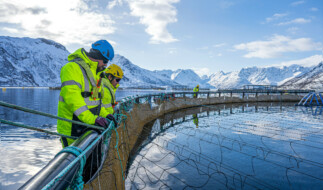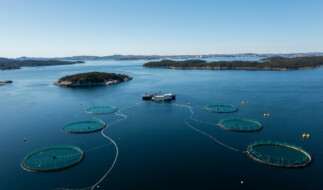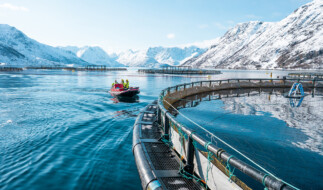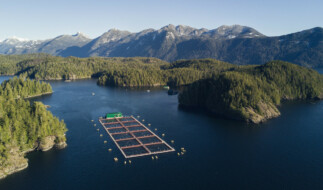Today’s food systems require urgent transformation to deliver healthy, climate resilient, and inclusive diets to meet the world’s growing population while also protecting the planet’s precious resources. This will demand collaboration, transparency, and commitment across the entire food chain.
What constitutes a sustainable food system?
A sustainable food system is a food system that delivers food security and nutrition for all in a way that the economic, social, and environmental bases to generate continued food security and nutrition for future generations is not compromised.
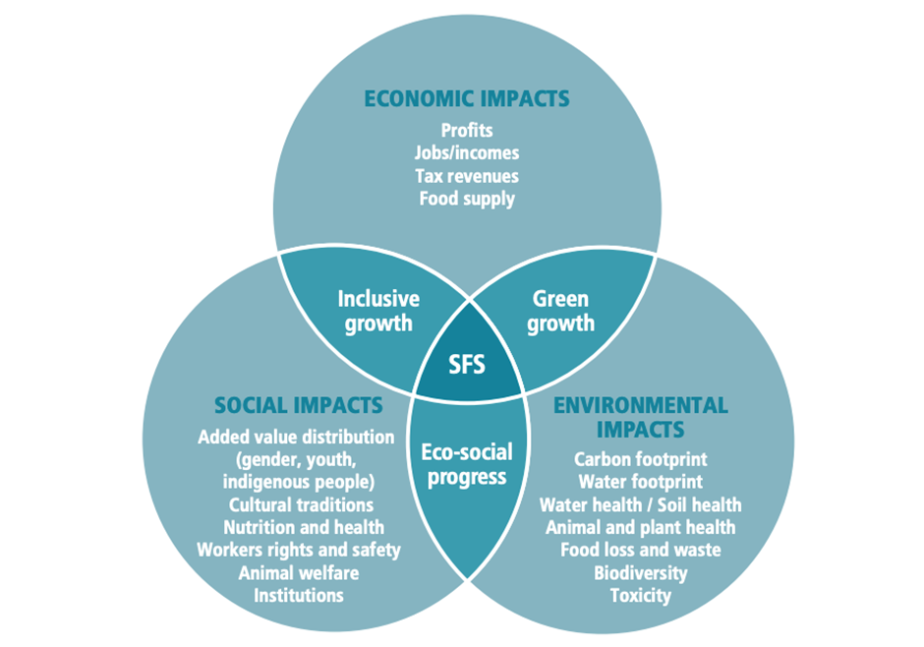
Our current food system is not working effectively or sustainably. Food production accounts for a third of all greenhouse gas emissions and uses 70% of the world’s freshwater and at the same time over 9% of the population faces chronic hunger.
What’s more, growing pressure on the food system from rapid population growth, urbanization, climate change, changing consumption patterns, and depletion of resources is creating added strain to an already failing system. Which is why there is clear consensus that our global food system needs to be transformed.
Global food systems are broken - and billions of people are paying the price.UN Secretary-General António Guterres
How do we build a more sustainable food system?
Food and farming have undergone dramatic transformations over the 20th and 21st centuries, with significant advancements in efficiency and technology. These advancements have enabled global food production of calories to keep pace with population growth and diverse and nutritious diets to be consumed across the world. However, these wins have been unequal and have come at a cost.
Yet by 2050 we need to produce 50% more food. We must come up with solutions to deliver high-quality protein to support healthy diets whilst also limiting the impact on the environment.
Sustainable food systems and diets can look slightly different across the world depending on what is available, affordable, and growable. Regional and national dietary guidelines can play a key role in providing guidance on how to obtain optimal nutrition while also avoiding over-reliance on any specific commodities and making sustainable choices. While some people and communities may benefit from limiting the amount of certain foods they consume, the key here is not about elimination but instead how can we improve the quality of the foods we eat, and how they are produced.
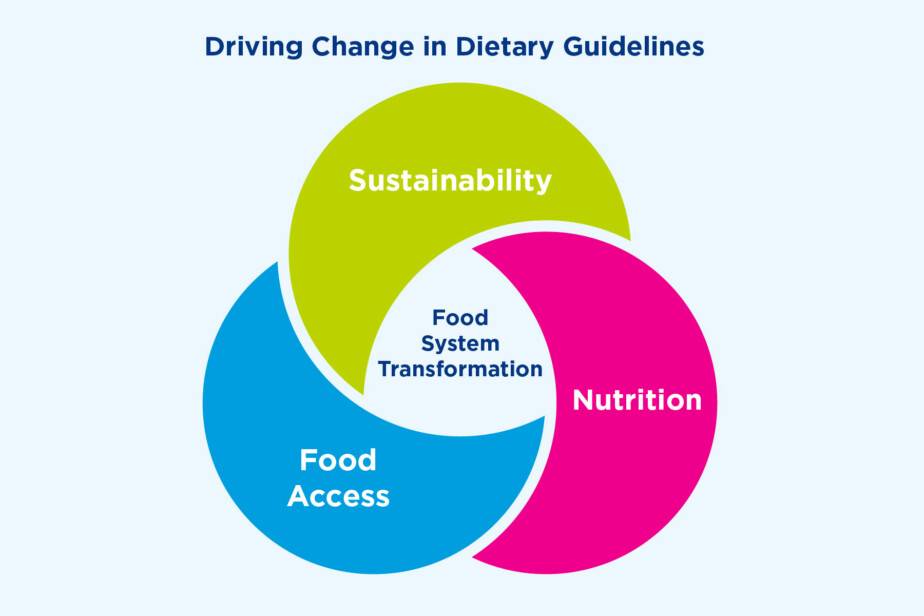
Looking to the future
There are many global movements starting to take shape at mobilizing food system transformation. Most notably at the COP28 a number of global heads of state not only acknowledged the need for change, but highlighted the potential of the food system to drive powerful and innovative responses to climate change and unlock shared prosperity for all.
Within GSI, we acknowledge our role in supporting food system change. Both in improving our own practices and in supporting the development of other sectors as able.
Increasing research into the role of blue foods, such as the of the Blue Foods Assessment, has identified many ways aquaculture specifically can help sustain ecological, social and economic benefits but still improvements are needed.
This is where GSI comes in. We strive to use our collaborative platform and network of partners to help catalyze improvements across our operations, and ensure farmed salmon is raised responsibly, sustaining its health and nutritional benefits while minimizing our impact.
It will take all actors from industry, policy, and academic sectors, alongside consumers, to deliver on the transformations needed. But together, we must transform our food system to one that is socially, ecologically, economically, and culturally sustainable, and we must do so at speed and scale in every corner of the world.
Listen to WWF's Emily Moberg discuss GSI’s collaborative approach help drive necessary change in our food system.
